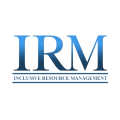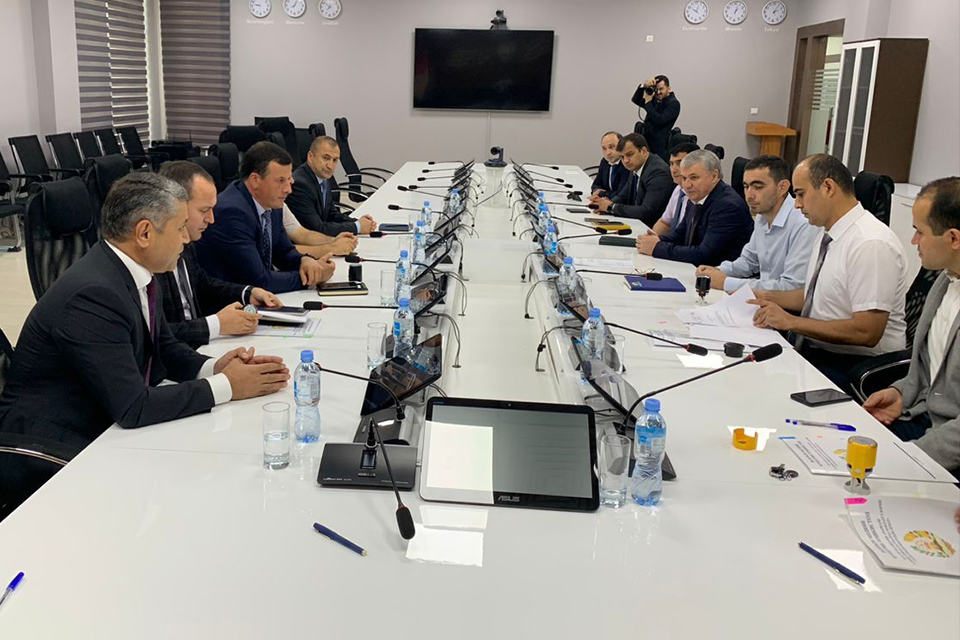OUR SERVICES
RESEARCH & DEVELOPMENT
At IRM, Research and Development is central to our mission of advancing Islamic finance as a tool for equitable growth and ethical prosperity. Through rigorous inquiry and evidence-based innovation, we create practical solutions that strengthen financial inclusion and empower communities. Our work has informed product frameworks, institutional capacity-building programs, and policy dialogues across multiple geographies—reflecting IRM’s commitment to turning knowledge into measurable impact.
IRM views R&D as a continuous process of learning, discovery, and innovation. By combining Shariah insight, economic analysis, and on-ground experience, we translate conceptual ideas into applicable financial solutions. Our approach blends academic depth with operational relevance, ensuring that every model we design is both theoretically sound and practically implementable.
KEY FOCUS AREAS
IRM works closely with central banks, development partners, and financial institutions to ensure that research translates into actionable strategies. Through this collaborative approach, we continue to shape policies, products, and practices that advance the reach and relevance of Islamic finance across regions.

IRM leads the design and development of innovative Islamic financial products and delivery mechanisms tailored to diverse client and market needs. From microfinance and SME lending to agriculture, housing, and digital finance, IRM integrates Shariah compliance with operational feasibility and profitability.
Its approach combines deep market insight, product prototyping, and practical implementation frameworks that empower financial institutions to launch, scale, and sustain Shariah-compliant offerings. IRM’s product innovations often blend classical Islamic contracts (e.g., murabaha, ijara, mudarabah, wakala) with modern delivery technologies—creating scalable, inclusive solutions.
 IRM’s applied research focuses on strengthening the foundations of Islamic microfinance as a tool for economic justice and social uplift. By developing inclusive, demand-driven, and Shariah-aligned models, IRM supports institutions in serving unbanked and underbanked populations.
IRM’s applied research focuses on strengthening the foundations of Islamic microfinance as a tool for economic justice and social uplift. By developing inclusive, demand-driven, and Shariah-aligned models, IRM supports institutions in serving unbanked and underbanked populations.
Through pilot projects and field-based studies, IRM has contributed to frameworks that promote self-employment, microenterprise development, and financial empowerment of women and youth. Its research explores innovative mechanisms—such as rotating savings (ROSCA)-based models, community waqf funds, and partnership-based microfinance—that align social objectives with sustainability.
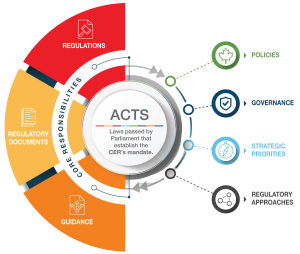 IRM works closely with central banks, governments, and multilateral development agencies to develop enabling policies and regulatory environments for Islamic finance. This includes drafting policy papers, conducting regulatory gap analyses, and advising on Shariah governance frameworks that foster trust, transparency, and market growth.
IRM works closely with central banks, governments, and multilateral development agencies to develop enabling policies and regulatory environments for Islamic finance. This includes drafting policy papers, conducting regulatory gap analyses, and advising on Shariah governance frameworks that foster trust, transparency, and market growth.
Its work strengthens institutional capacities and ensures alignment between global standards (such as those of AAOIFI and IFSB) and local contexts. IRM’s research has informed national financial inclusion strategies, sukuk frameworks, and Islamic social finance regulations, helping countries unlock the transformative potential of ethical finance.
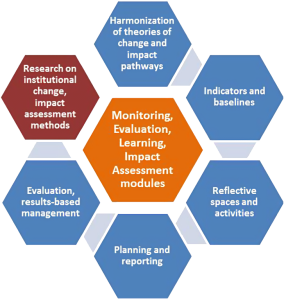 IRM designs and implements comprehensive impact evaluation studies to measure both the financial and social outcomes of Islamic finance programs. This includes assessing outreach, sustainability, client empowerment, and poverty reduction outcomes across diverse interventions.
IRM designs and implements comprehensive impact evaluation studies to measure both the financial and social outcomes of Islamic finance programs. This includes assessing outreach, sustainability, client empowerment, and poverty reduction outcomes across diverse interventions.
Findings are documented and shared through case studies, toolkits, policy briefs, and training materials—helping institutions and regulators replicate successful models and avoid common pitfalls. IRM’s knowledge products serve as key learning resources for the global Islamic finance ecosystem, contributing to continuous improvement and evidence-based policymaking.
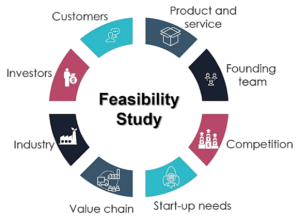 IRM undertakes detailed feasibility assessments and market analyses to identify emerging opportunities and guide strategic investments in Islamic finance. These studies explore demand potential, client preferences, competitive landscapes, and regulatory readiness.
IRM undertakes detailed feasibility assessments and market analyses to identify emerging opportunities and guide strategic investments in Islamic finance. These studies explore demand potential, client preferences, competitive landscapes, and regulatory readiness.
Drawing on quantitative and qualitative tools, IRM provides actionable insights that help institutions enter new markets, launch new financial instruments, or reposition existing offerings. The result is a clear roadmap for growth that aligns market demand with Shariah principles and operational practicality.
